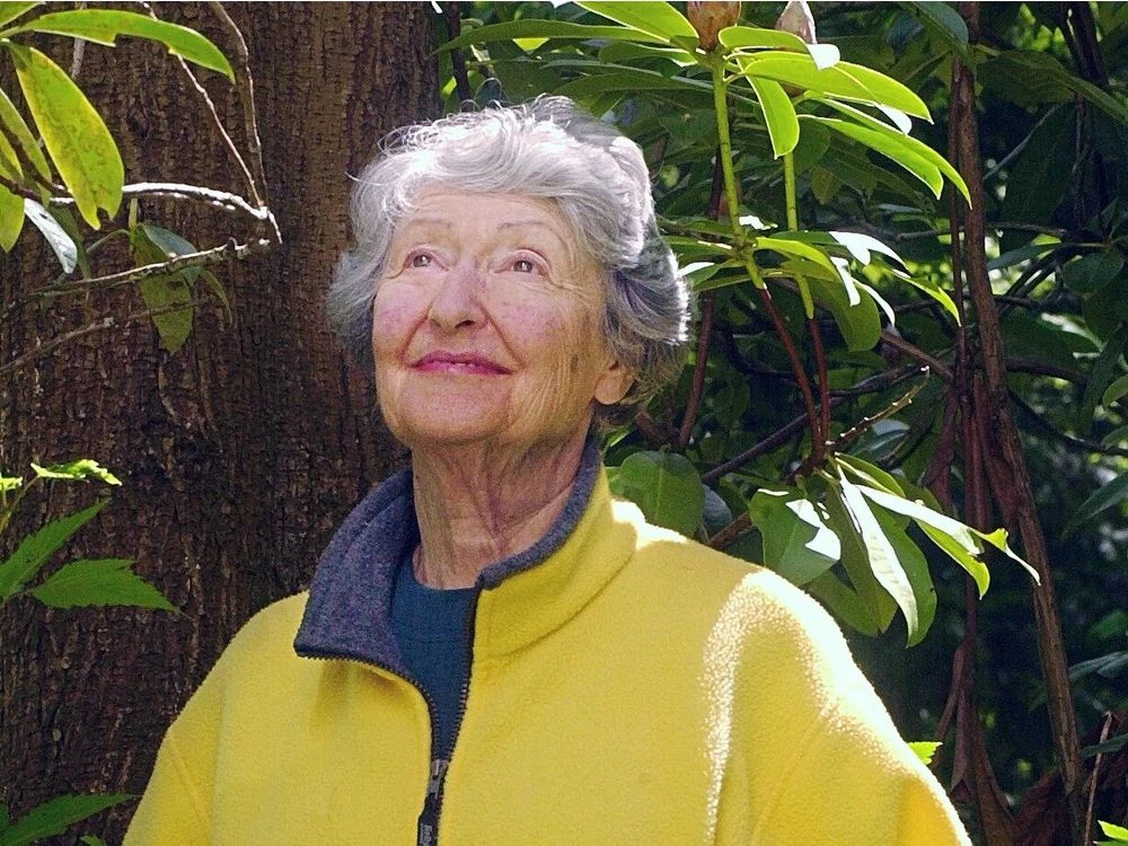This spring, the design world lost a woman of fortitude, ingenuity and groundbreaking creativity. Cornelia Oberlander, a Canadian landscape architect, passed away just before her 100th birthday due to complications from COVID-19. Although her passing is mourned, Oberlander left behind an incredible and inspiring life story and legacy.
Cornelia Oberlander was born into a Jewish family in Germany in June of 1921. As the Nazi party rose to power, her family faced increasing dangers and chose to leave the country two weeks after Kristallnacht. Oberlander was eighteen by the time they emigrated to the United States in 1939, and there she was able to nurture her interests in the power of plants to heal. Her mother was a horticulturist who wrote gardening books for children and nurtured Oberlander’s appreciation for nature. Inspired by the landscaping and public spaces in Germany, she was determined to design parks from a young age.
Oberlander received a BA from Smith College and was among the first class of women to study at Harvard’s Graduate School of Design, founded by Walter Gropius, a leader of the Bauhaus movement. Armed with a degree in landscape architecture, Oberlander was on a mission to improve lives with public spaces nourished by nature. And indeed she did; she started out working in Philadelphia, where her initiatives in public housing included places for children and green space. After moving to Canada, she advocated for communities and designed over 70 urban playgrounds. Her notable projects included the Children’s Creative Center at Montreal’s Expo ’67, Vancouver General Hospital Burn Unit Garden and the landscape design at the Museum of Anthropology at UBC, Vancouver (photo below). Over her lifetime, Oberlander was honored with Order of British Columbia, the Order of Canada and Vancouver Freedom of the City Award, amongst many other accolades.

Cornelia Oberlander’s work will impact landscape architects, urban designers and creative minds all over the world for years to come. Her beliefs in the ability of design to bring about social change and healing are ones we as creatives should all hold in high regard, as we build systems and buildings that elevate the human experience.

